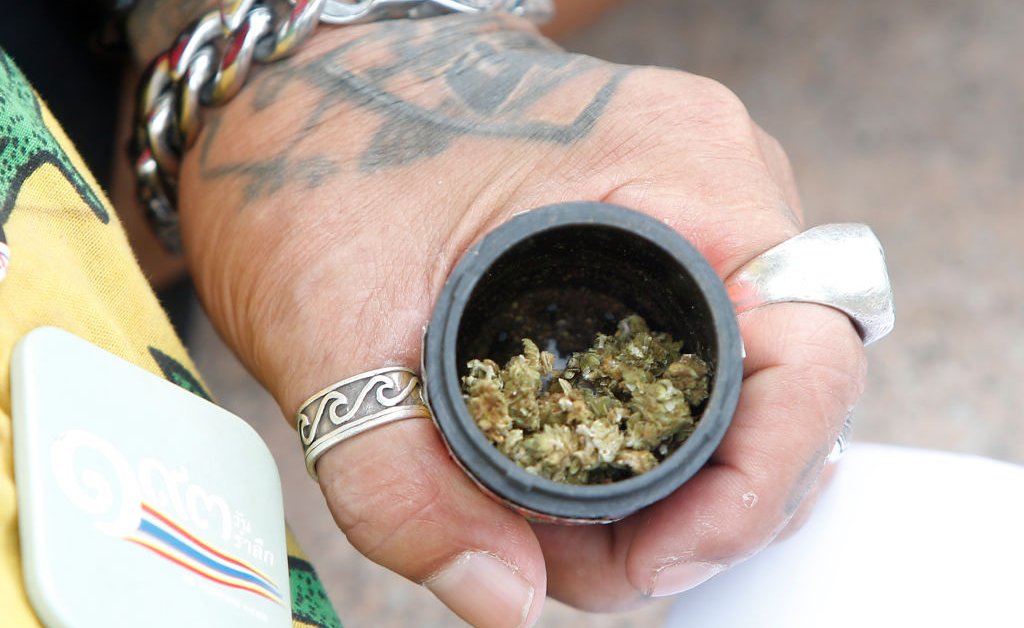Majority Supports Cannabis Reclassification in Thailand
An extensive survey conducted by the Thai government reveals that a significant **80%** of respondents back plans to reclassify cannabis as a **narcotic**, effectively banning its recreational use. This shift comes as Health Minister **Somsak Thepsuthin** announced that the draft regulation garnered support from **111,201 participants** from a public consultation held between June 11 and 25.
Thailand’s Reversal on Cannabis Policy
Two years after becoming the first Asian nation to decriminalize cannabis, Thailand is pivoting back. Earlier this year, Prime Minister **Srettha Thavisin** directed officials to tighten restrictions on cannabis usage, limiting it to medical and health purposes. This change arises from growing concerns about the social and health consequences, particularly among children and youth, following the rise of numerous weed dispensaries throughout the country.
Health Risks Associated with Recreational Use
Minister Somsak highlighted the potential dangers of cannabis, linking its recreational use to detrimental effects on brain development, as well as mental health issues such as depression and suicide. In a stark revelation, he mentioned that approximately **40%** of young Thais who struggled with heroin addiction initially used cannabis.
New Regulatory Framework
Under the proposed rules, cannabis flowers will be classified as a **category five narcotic**, while other parts of the plant, including roots and leaves, will remain legal for use. The government plans to thoroughly review public feedback before forwarding the proposed regulation to the **Narcotics Control Board** for final approval.
Public Response and Industry Reaction
- Cannabis advocacy groups and businesses are opposing this regulatory reversal.
- Protests have emerged, and some groups are threatening legal action against the new policy.
- Despite the backlash, Minister Somsak clarified, “Business operators don’t have an issue with” the new rules. “It’s those wanting recreational use that have a problem.”
Former Prime Minister **Prayuth Chan-Ocha’s** administration first decriminalized cannabis in 2022, aiming to promote it for medicinal purposes and as a viable cash crop. Since then, nearly **8,000 dispensaries** and numerous consumer-agro companies have sprung up, selling a variety of cannabis products including buds, oil extracts, and edibles.
Current Legal Framework and Future Implications
Under existing laws, legal cannabis products must contain less than **0.2%** tetrahydrocannabinol (THC), the compound responsible for the psychoactive effects. The tightening of cannabis regulations has raised important questions about the future of **marijuana legalization** in Southeast Asia and its **impact on the region’s ongoing war on drugs**.
For more insights into Thailand’s complex relationship with cannabis and its broader implications, read further on the challenges and opportunities presented by this evolving landscape.


